Men typically lose Y chromosomes from their cells as they get older, which could be affecting their heart health
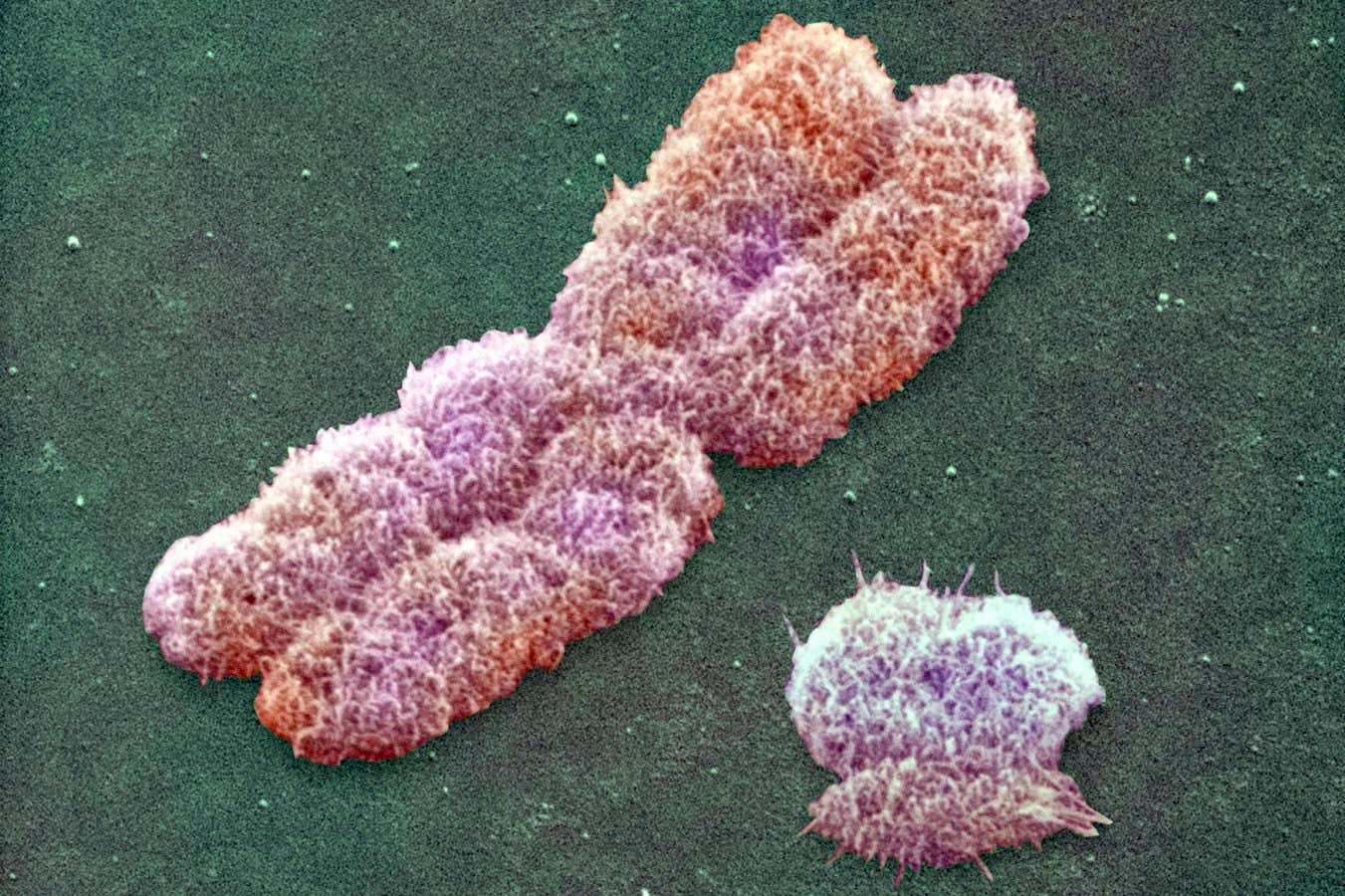

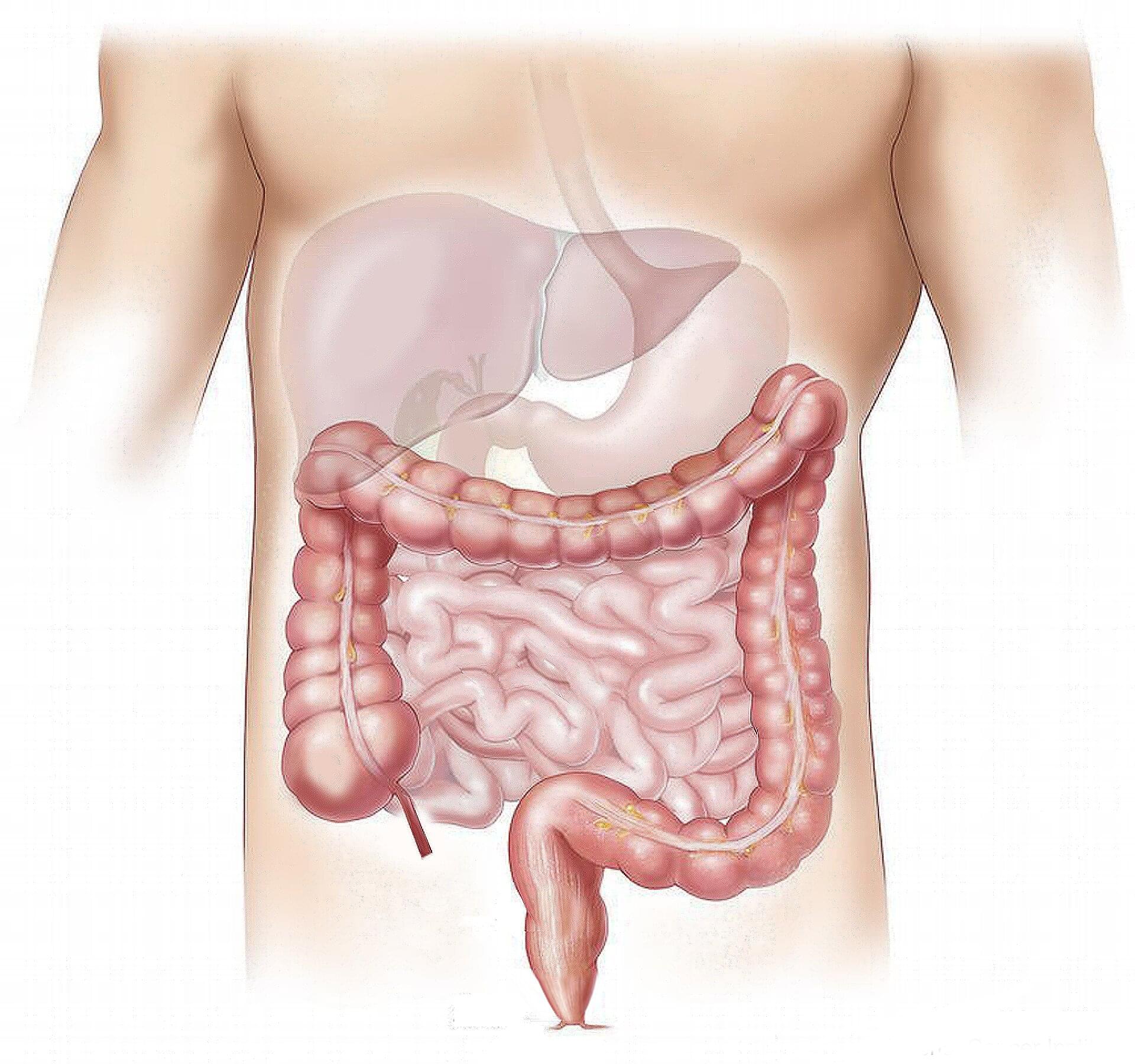
The introduction of artificial intelligence (AI) to assist colonoscopies is linked to a reduction in the ability of endoscopists (health professionals who perform colonoscopies) to detect precancerous growths (adenomas) in the colon without AI assistance, according to a paper published in The Lancet Gastroenterology & Hepatology.
Colonoscopy enables detection and removal of adenomas, leading to prevention of bowel cancer. Numerous trials have shown the use of AI to assist colonoscopies increases the detection of adenomas, generating much enthusiasm for the technology. However, there is a lack of research into how continuous use of AI affects endoscopist skills, with suggestions it could be either positive, by training clinicians, or negative, leading to a reduction in skills.
Author Dr. Marcin Romańczyk, Academy of Silesia (Poland), says, To our knowledge, this is the first study to suggest a negative impact of regular AI use on health care professionals’ ability to complete a patient-relevant task in medicine of any kind.
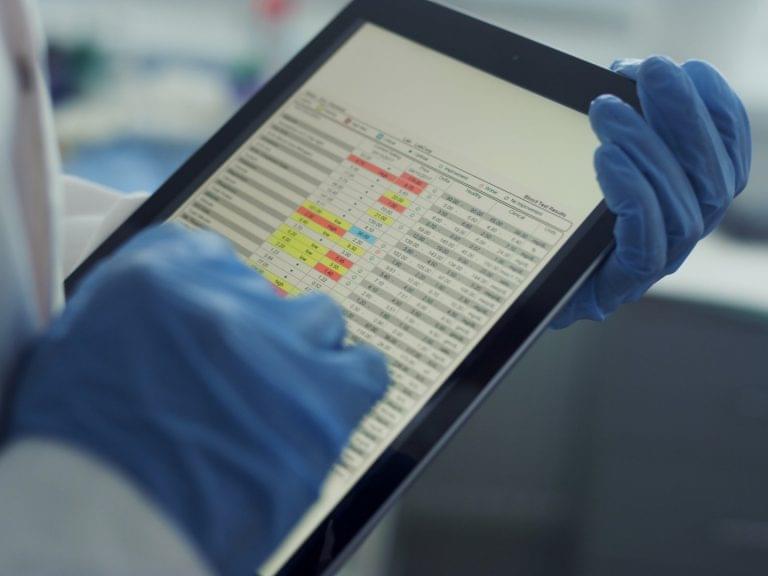
A new artificial intelligence tool will help Stanford Health Care physicians inform patients of their test results, with the goal of reducing administrative tasks.
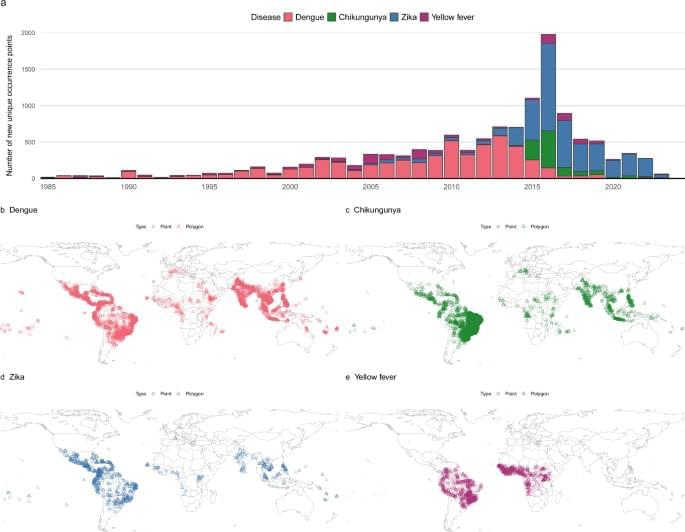
Arboviruses transmitted by Aedes mosquitoes have an expanding global distribution and identifying areas at risk is important for public health planning. Here, the authors present global disease maps for dengue, chikungunya, Zika and yellow fever through a multi-disease ecological niche modelling approach.

From smartphones and smartwatches to medical biosensors, the demand for thinner, lighter, and more powerful electronic components continues to grow. Now, scientists at La Trobe University have developed a groundbreaking invisible polymer film that conducts electricity as effectively as metals, yet is flexible, durable, and scalable for mass production. This innovation could transform not only consumer electronics but also advanced health monitoring devices and wearable technology.
The Breakthrough: Tethered Dopant Templating
For decades, conductive polymers — synthetic materials capable of carrying an electrical current — have been hailed as a promising alternative to metals in electronics. However, they have struggled to achieve the necessary combination of thinness, transparency, conductivity, and durability required for high-performance devices.
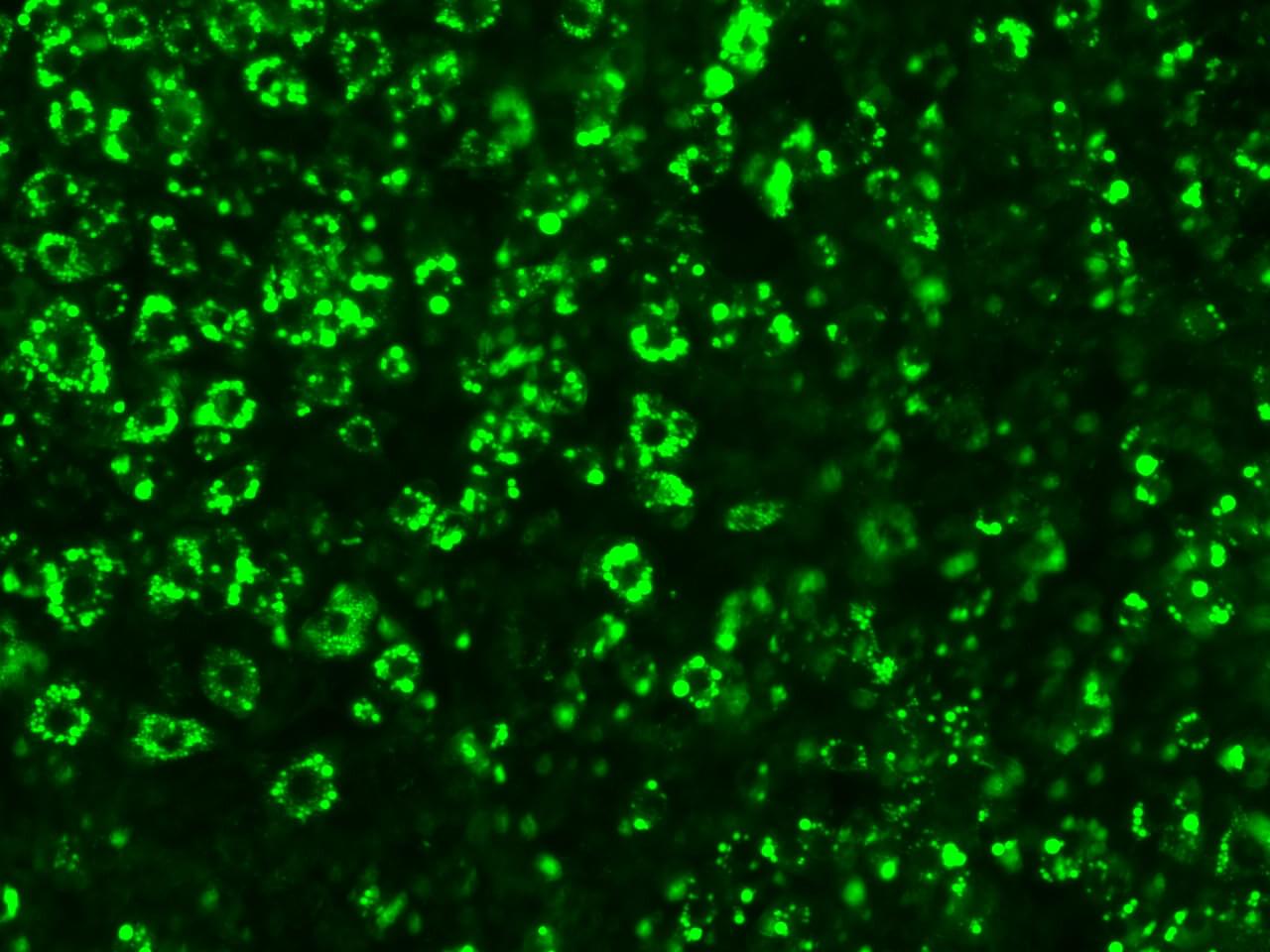
The obesity rate has more than doubled in the last 30 years, affecting more than one billion people worldwide. This prevalent condition is also linked to other metabolic disorders, including type 2 diabetes, cardiovascular diseases, chronic kidney disease, and cancers.
Current treatment options include lifestyle interventions, bariatric surgery, and GLP-1 drugs like Ozempic or Wegovy, but many patients struggle to access or complete these treatments or to maintain their weight loss afterward.
Salk Institute scientists are looking for a new treatment strategy in microproteins, an understudied class of molecules found throughout the body that play roles in both health and disease.

A new study reveals that fragmented sleep causes cellular damage to the brain’s blood vessels, providing further evidence to suggest that sleep disruption predisposes the brain to dementia.
The research, published in the journal Brain, is the first to offer cellular and molecular evidence that sleep disruption directly causes damage to brain blood vessels and blood flow.
“We found that individuals who had more fragmented sleep, such as sleeping restlessly and waking up a lot at night, had a change in their balance of pericytes—a brain blood vessel cell that plays an important role in regulating brain blood flow and the entry and exit of substances between the blood and the brain,” said Andrew Lim, principal investigator of the study and a sleep neurologist and scientist at Sunnybrook Health Sciences Centre.
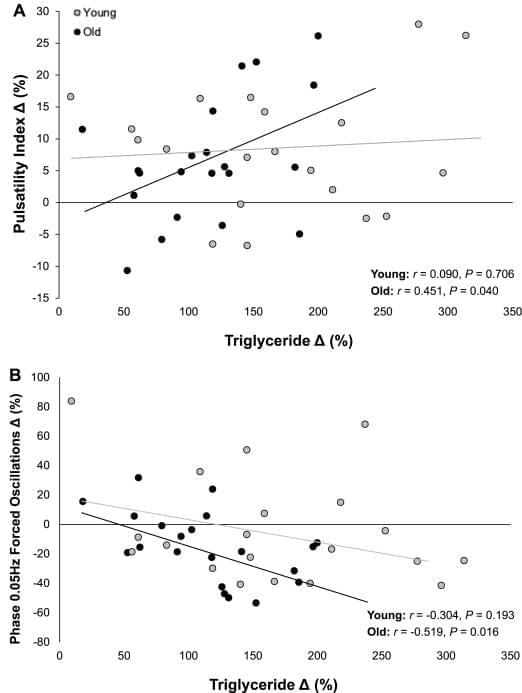
Dietary fat is an important part of our diet. It provides us with a concentrated source of energy, transports vitamins and when stored in the body, protects our organs and helps keep us warm. The two main types of fat that we consume are saturated and unsaturated (monounsaturated and polyunsaturated), which are differentiated by their chemical composition.
But these fats have different effects on our body. For example, it is well established that eating a meal that is high in saturated fat, such as that self-indulgent Friday night takeaway pizza, can be bad for our blood vessels and heart health. And these effects are not simply confined to the heart.
The brain has limited energy stores, which means it is heavily reliant on a continuous supply of blood delivering oxygen and glucose to maintain normal function.
One of the ways the body maintains this supply is through a process known as “dynamic cerebral autoregulation”. This process ensures that blood flow to the brain remains stable despite everyday changes in blood pressure, such as standing up and exercising. It’s like having shock absorbers that help keep our brains cool under pressure.
But when this process is impaired, those swings in blood pressure become harder to manage. That can mean brief episodes of too little or too much blood reaching the brain. Over time, this increases the risk of developing conditions like stroke and dementia.
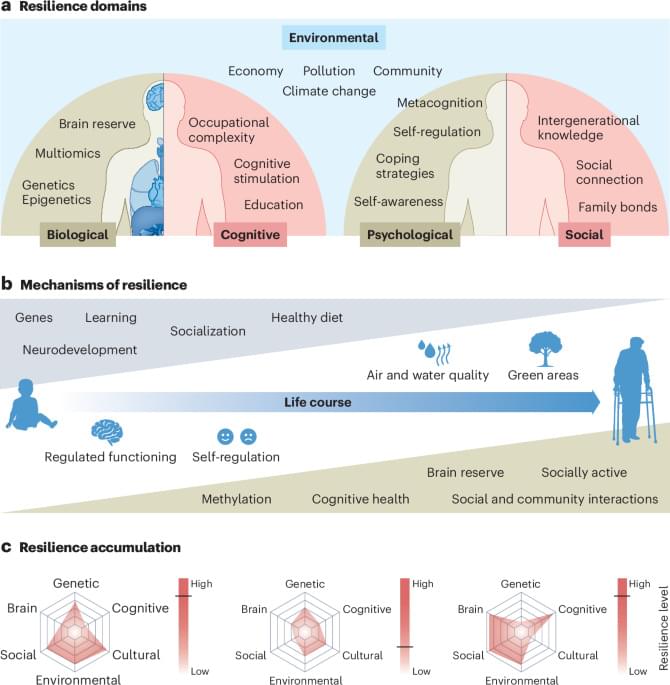

A team of researchers from the Spanish National Research Council has made a significant advance in plant biotechnology by developing a new method for silencing genes. The novel technique uses ultra-short ribonucleic acid (RNA) sequences carried by genetically modified viruses to achieve genetic silencing, allowing the customization of plant traits. The work, published in the Plant Biotechnology Journal, opens up new avenues for crop improvement, functional genomics, and sustainable agriculture.
Viral vector technology involves modifying viruses, removing the genetic material that causes disease, to turn them into vehicles that carry the RNA sequence to be introduced into an organism. This technique, when applied to plants, has already proven effective under experimental conditions in inducing flowering and accelerating the development of improved crop varieties, modifying plant architecture to facilitate adaptation to mechanization, improving drought tolerance, and producing metabolites beneficial to human health, among other applications.
Now, the method developed by the CSIC, together with the Valencian University Institute for Research on the Conservation and Improvement of Agrodiversity (COMAV) and the Italian Department of Applications and Innovation in Supercomputing (Cineca), represents an optimization of technological platforms to accelerate the development and validation of agricultural applications based on viral vectors.